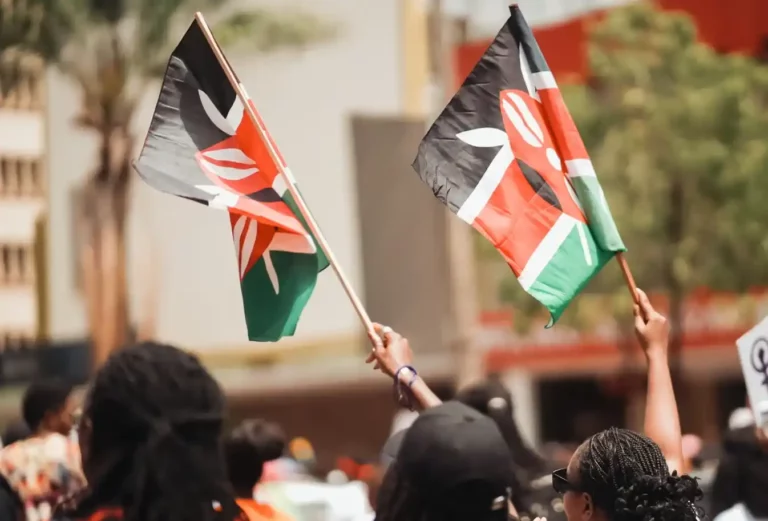The Embakasi fire tragedy again exposed the entrenched dysfunctionalities that characterize our system.
While the Energy and Petroleum Regulatory Authority (EPRA) issued a statement indicating that it rejected three times the application by the responsible gas company to set up the plant in Embakasi, the National Environment Management Authority (NEMA) announced suspending four of its staff for irregularly issuing the company an Environment Impact Assessment (EIA) license for the set-up of the same plant.
How two government agencies could trigger diametrically opposite decisions should qualify as a puzzle, except not in Kenya.
What should even be more puzzling is the cavalier manner in which the government has handled the Embakasi fire tragedy hitherto.
In holding people accountable, nothing proportional to the magnitude of the tragedy has happened. All we are treated to is the usual script of appearing to be doing something until the tragedy is relegated to a distant memory. Never mind that we are talking about the loss of lives and severe injuries, not to mention the disruption to daily life through property damage.
The Challenge of Kenyanism
The Embakasi misfortune is a manifestation of tragedy that continues to stalk Kenya persistently: Kenya without Kenyanism.
The ultimate expression of Kenyanism is the 2010 Constitution. In every conceivable way, it defines the contours of the country’s identity (or at least as it should be).
The demonstrably deliberate challenge is matching the prescribed aspirations with reality. Many have yet to internalize the beauty of individual responsibility as a pathway to a glorious Kenyan community.
Strangely, some, including those charged with public responsibility, think that an inglorious path could still lead to a glorious destination. It cannot.
There is hardly any public service in our public service sector. What ends as public service output is just a bonus upon satisfying public servants’ appetite for accumulation.
Contrary to the yearnings of Kenyanism, the extractive mindset deeply permeates virtually every thread of the country’s fabric. Our acquisitive instincts are extraordinarily insatiable.
It informs the infinite creativity in manipulating systems in the service of selfishness. Corruption is killing Kenyans, literally.
The latest edition of Transparency International’s Corruption Perception Index (CPI) shows how stubborn the challenge is. Kenya scored 31 out of 100 in 2023, a decline from 32 out of 100 registered in 2022. Out of 180 countries and territories, Kenya was dismally ranked 126.
The inspiration behind the design and undertaking of development projects is less about their utility and more about the returns they hold for their initiators. That is how we have ended up with countless white elephant projects nationwide.
Meritocracy vs. Self-interest
Meritocracy struggles to find breathing space in the face of overwhelming nepotism, cronyism, and negative ethnicity. Kenyanism requires that the most qualified be accorded an opportunity to serve by deploying their competencies for the public good.
However, dangerously, the ‘who you know’ mindset remains too strong for ‘what you know’ to overcome. The tendency to fix a relative at any opportunity, however incompetent, is a sure route to self-annihilation.
An extractive mindset has occasioned the ‘commercialization’ of public positions. Just recently, a man was arrested for allegedly soliciting a bribe on behalf of a principal secretary to secure a job at the South Nyanza Sugar Company (SONY).
The irony is that we yearn to emulate prosperous nations such as South Korea and Singapore, yet we continue doing the exact opposite of what they do. There is certainly nothing miraculous about attaining similar standards. Only a change of mindset is needed.
A Path Forward?
Redress for our challenge is very well known. In great detail, the 2010 Constitution defines the Kenyanism we should all aspire to attain. It sets out political, economic, and social parameters for a successful country.
Instead of choosing the easier path of living by its dictates, we choose the more challenging route of circumventing it. There is hope, though. The fact that we bequeathed ourselves the 2010 Constitution is a clear testimony that we know what we want.
The recent statement by the National Council of Churches of Kenya (NCCK), calling out the government for its inadequacies, clearly shows that agents of Kenyanism exist out there.
A redemptive spark will soon trigger a chain reaction for this beautiful country’s long-overdue, large-scale transformation.




